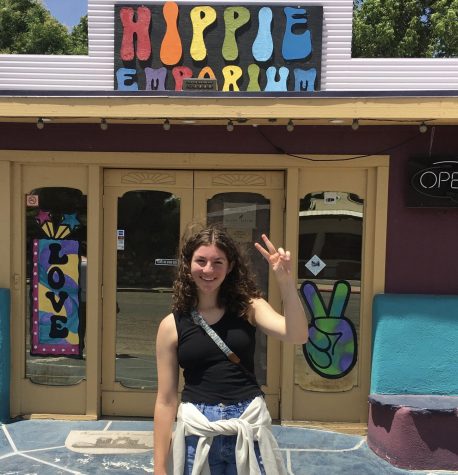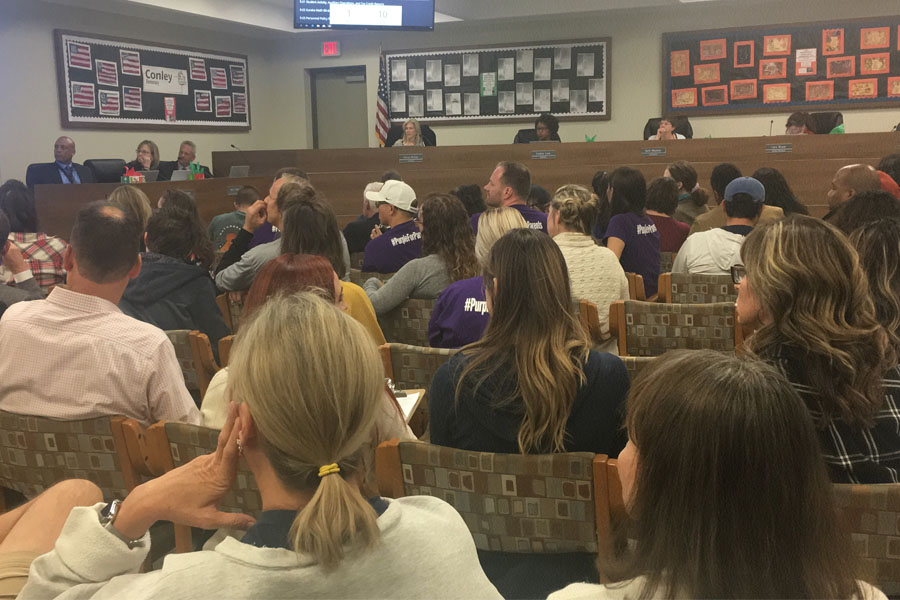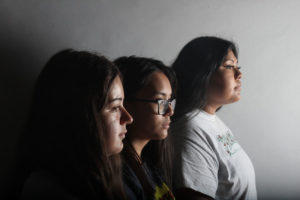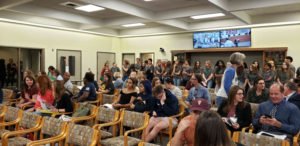Speaking up about Deep Equity
A huge crowd gathers at the December CUSD board meeting. The citizen comments section lasted an hour and a half, and every speaker made comments about Deep Equity.
Our last issue of the Precedent featured the introduction of the Corwin Deep Equity program to the Chandler Unified School District. The program is meant to “create equitable learning spaces for all students within CUSD and cultivate the voices of students to serve as leaders in their learning community,” according to the district director of equity and inclusion, Dr. Adama Sallu.
Concern regarding the program has been cultivated among parents, teachers, and community members, and was voiced quite loudly at the CUSD board meeting on December 4th.
The board set aside time in the agenda for comments specifically regarding Corwin Deep Equity and each speaker was given two minutes.
The citizen comments lasted an hour and a half. During that time, only three speakers clearly voiced praise for the curriculum.
The other forty or so speakers presented a multitude of concerns.
Many were alarmed by the fact that the district has not yet informed parents and community members about the program. Others were equally as alarmed by the cost of the curriculum: about 200,000 dollars a year.
The board has continually attested that the program is in no way political. The community disagrees. One citizen speaker commented that “the district must recommit itself to instruction, not indoctrination.”
Teachers, including five from Perry, were worried about the way the program presented tolerance to students. They felt that it supports “cancel culture” and will promote divisiveness in the classroom.
The rest of the speakers were concerned over the spending of taxpayers’ dollars and the lack of transparency on the district’s part in regards to the program. Many simply wanted more accessible information while others called for the complete removal of the curriculum in the classroom.
In order to form your own opinion, research the policy and training material, the inspiration of Dr. Gary Howard’s essays, as well as the supporting and opposing views.

Anna Myers is a senior at Perry High School, and is excited to be the 2020-21 Managing Editor for The Precedent. Out of the newsroom, Anna enjoys participating...









